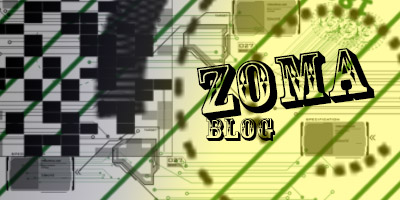Regulations on cloning and stem cell research vary across Europe and around the world
"Stem cell research offers real promise for the treatment of currently incurable diseases. The bank will ensure that researchers can explore the enormous potential of this exciting science for the future benefit of patients," said Professor Colin Blakemore, chief executive of the Medical Research Council.
The bank was set up at the National Institute for Biological Standards and Control at Potter's Bar, 12 miles north of London. Its mission is to store, 카지노사이트 - http://www.terniinjazz.com/ characterize and grow cells and distribute - http://www.search.com/search?q=distribute them to researchers around the world.
The first two human embryonic stem cell lines to be deposited in the bank were developed at King's College - http://ms-jd.org/search/results/search&keywords=King%27s%20College/ London and the Center for Life in Newcastle, England.
Regulations on cloning and stem cell research vary across Europe and around the world. The most liberal rules apply in Britain, where scientists can apply for a license to create human embryos by cloning in order to extract stem cells.
Stem cells can potentially grow into any type of human tissue. Scientists believe they could potentially be used to treat a range of diseases. Stem cells can be found in adults, but scientists believe they may not be as versatile as those in embryos.
Extracting cells from embryos created by cloning using a cell from a patient would in theory ensure the cell transplant is a perfect match, averting rejection by the immune system.
- Blog uživatele blaine73d1875652384
- Pro psaní komentářů se přihlaste nebo zaregistrujte.
